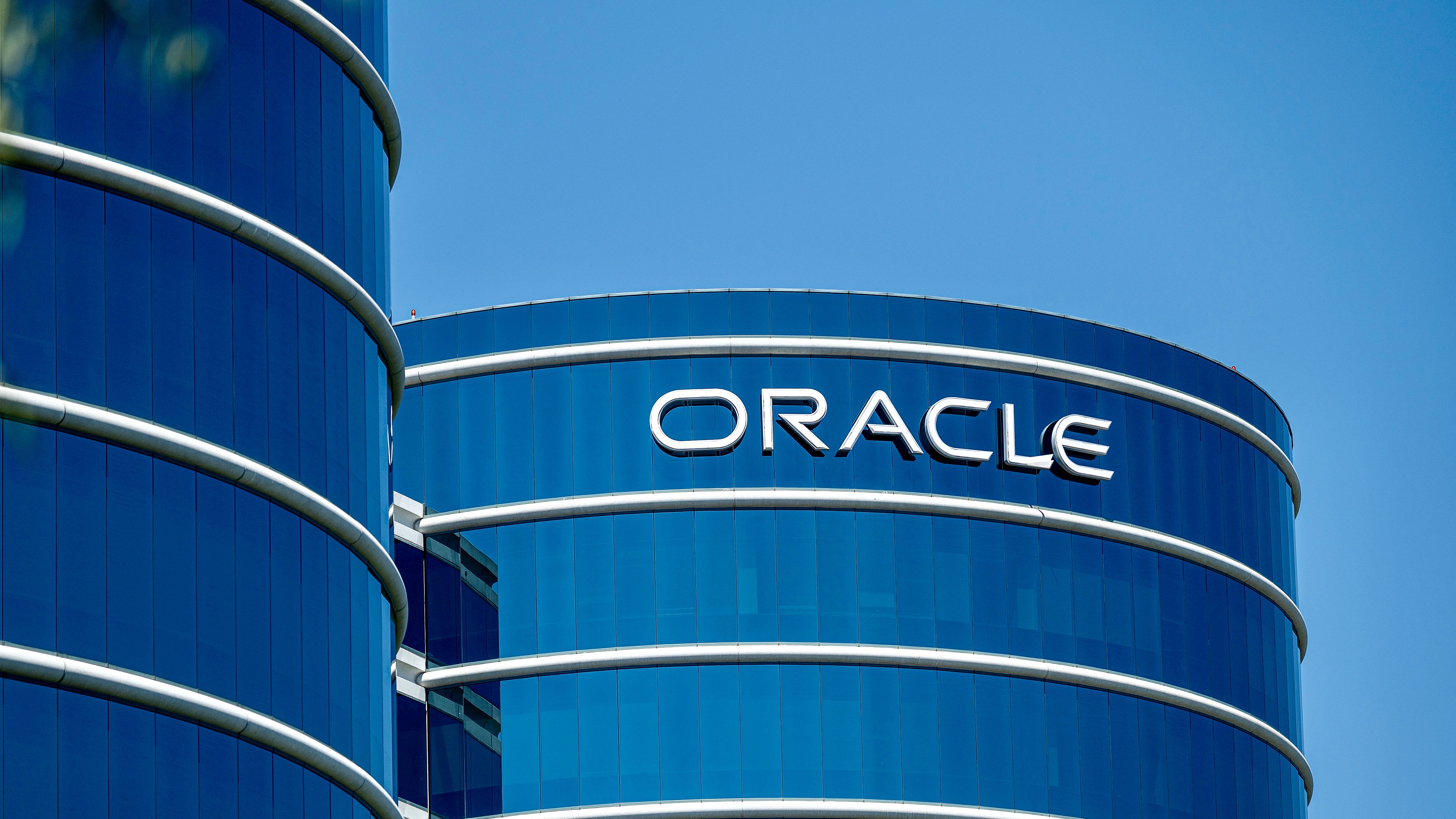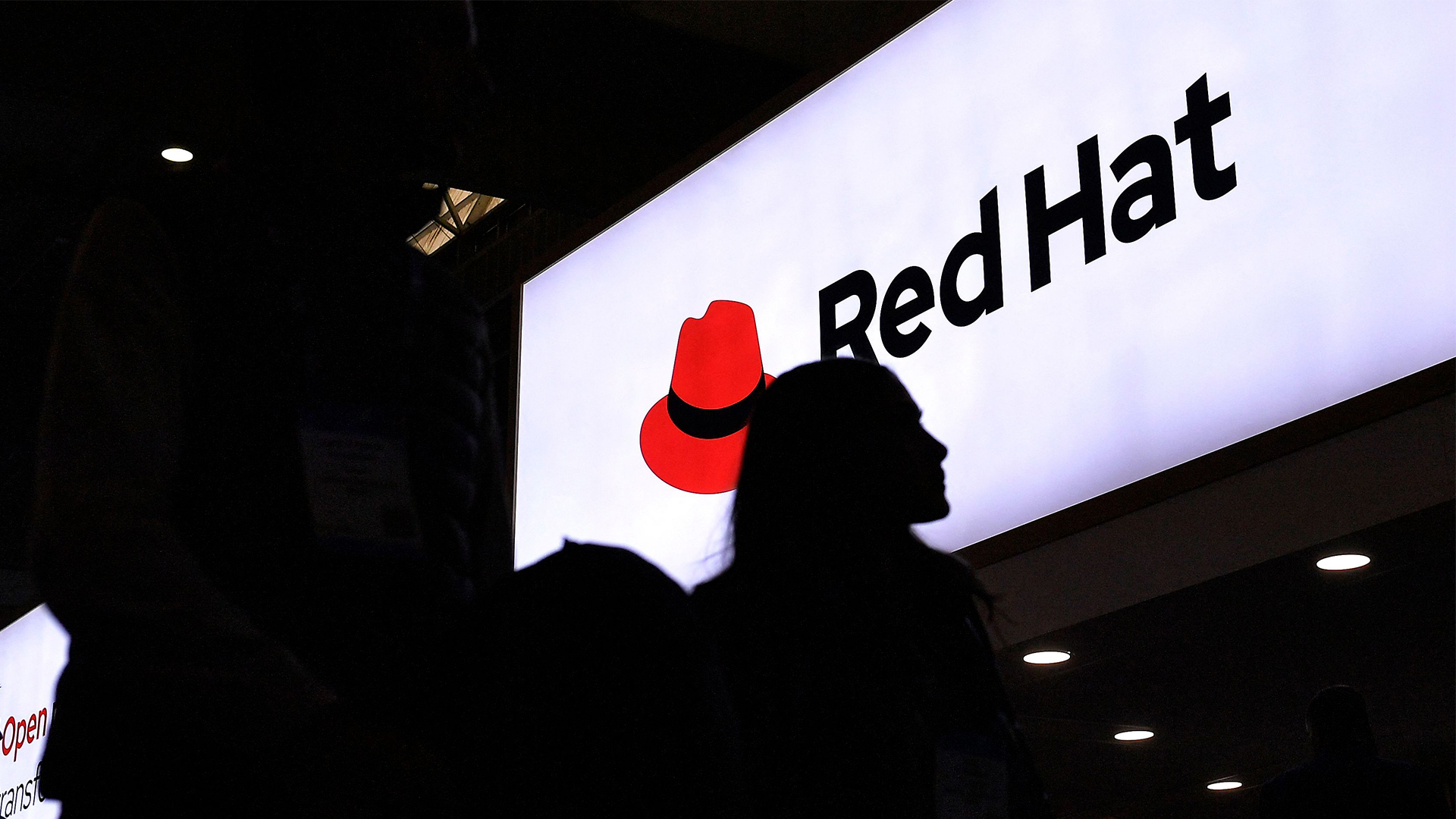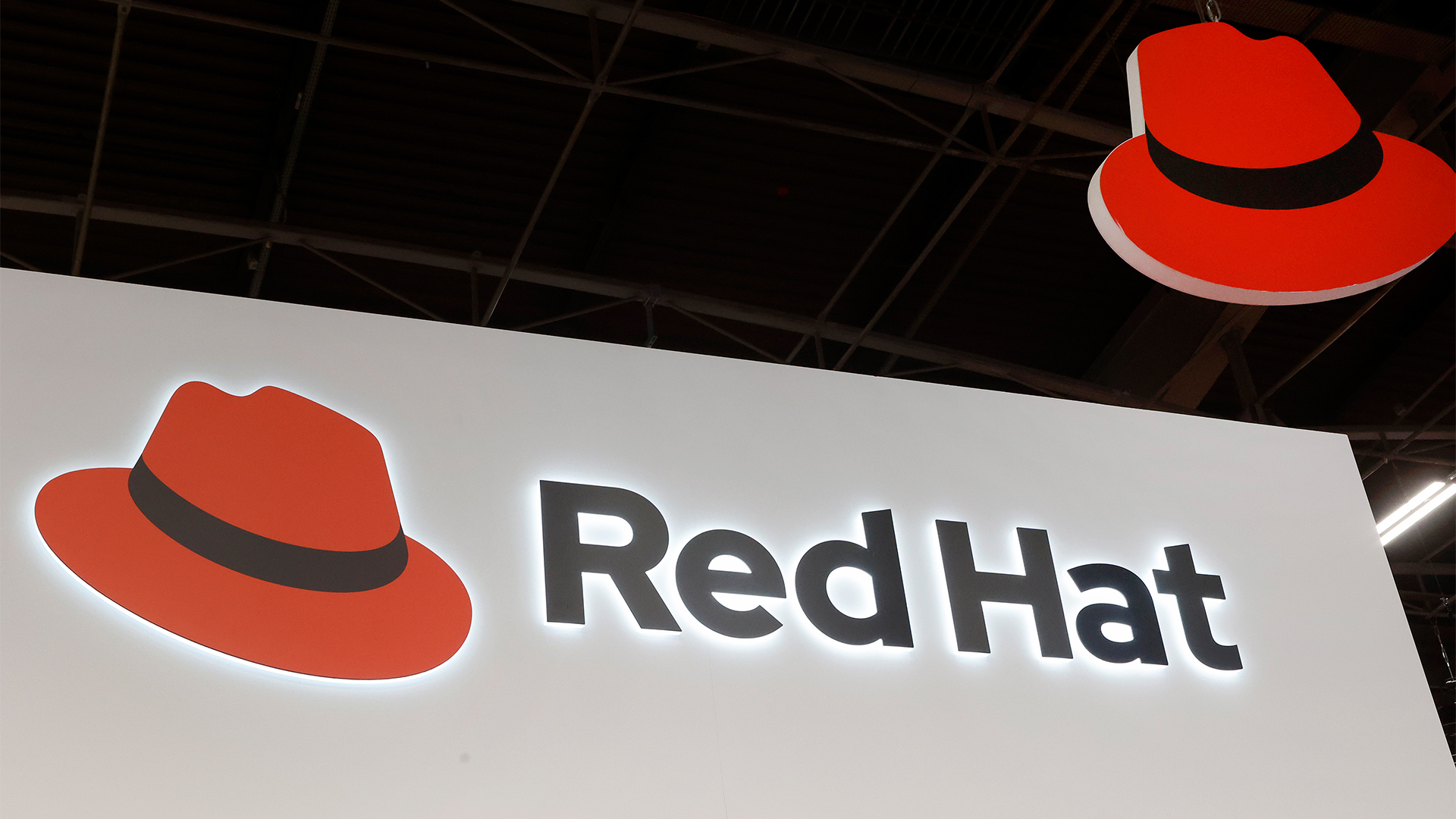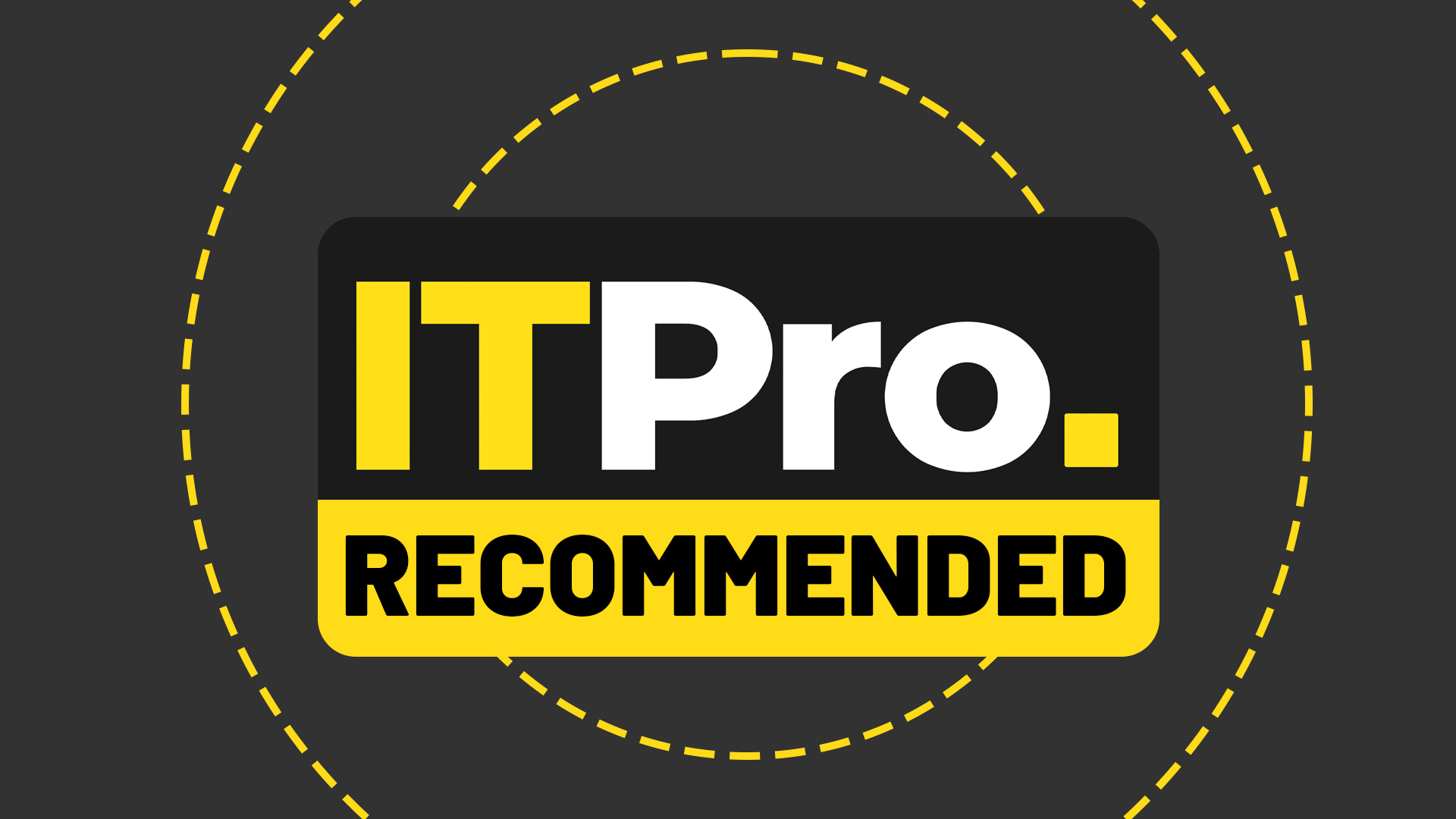Can Oracle really be Linux's knight in shining armor?
The self-proclaimed champion of open source freedom would like you to forget about its history


Oracle has waded into the Red Hat Enterprise Linux (RHEL) source code furor in a stunning turn of events, claiming it’s “committed to Linux freedom”.
Oracle’s words will doubtless cause users who remember OpenSolaris to raise an eyebrow or two. Organizations dealing with the pain arising from Oracle’s changes around Java licensing – the introduction of the Java SE Universal Subscription – will also be taken aback by the company’s championing of open and free principles.
Still, as far as Linux is concerned, Oracle’s intervention comes in the form of a blog post headlined “Keep Linux Open and Free”. It’s reaffirmed, over the last quarter of a century, its goal has been to “help make Linux the best server operating system for everyone, freely available to all, with high-quality, low-cost support provided to those who need it”.
In fact, Oracle’s principal goal over the last 25 years has been driving shareholder value. Oracle Linux – itself derived from RHEL – exists only to drive revenues. Furthermore, seeing the words “low-cost” and “Oracle” in the same paragraph will come as a novelty to users faced with calculating the cost of their licenses.
Like other RHEL-compatible distributions, such as Rocky Linux and Alma Linux, Oracle Linux has been affected by Red Hat’s decision to stop publicly releasing the RHEL source code.
While both the former distributions have devised ways to remain compatible, Oracle has cast doubt on where its own distribution stands, saying Oracle Linux “will continue to be RHEL-compatible to the extent we can make it so”. It also warned after version 9.2, there may be “a greater chance for compatibility issues to arise”.
Paying developers and supporting coders
Oracle was quick to blame Red Hat’s owner, IBM, for the current debacle and pointed out the excuse for not releasing source code – somebody has to pay RHEL developers – did not really hold water. After all, Red Hat had managed to do so for many years before IBM’s $34 billion acquisition.
Get the ITPro daily newsletter
Sign up today and you will receive a free copy of our Future Focus 2025 report - the leading guidance on AI, cybersecurity and other IT challenges as per 700+ senior executives
However, Oracle has a chequered history when it comes to supporting developers and it’s difficult not to consider the company’s behavior with regard to Java.
In 2010, Oracle acquired Sun Microsystems and, over the following decade, introduced paid licensing options. In 2019 it declared that security updates for Java 8 couldn’t be downloaded without a subscription.
This year saw the firm introduce the controversial Oracle Java SE Universal Subscription. It could result in an organization having to purchase a license for the entire employee population, even if Java is only required for a single user or server.
As such, Oracle’s critique, particularly the line about “more revenue opportunity for IBM”, is a little on the nose considering its own revenue-raising moves. One must also consider the fate of OpenSolaris. After it acquired Sun Microsystems in 2010, the firm discontinued in-house development of the open source OpenSolaris operating system – although a fork, OpenIndiana, continued. Oracle instead focused its efforts on the proprietary Oracle Solaris.
Oracle’s “Keep Linux Open and Free” line is all the more of an about-face.
What about the competition?
Alongside Oracle’s pronouncements, the veteran Linux distribution SUSE has thrown its chameleon into the ring. Unlike Oracle’s blustering, SUSE has come up with some concrete proposals: fork RHEL, maintain a RHEL-compatible distribution without restrictions, and invest $10 million into the project.
SUSE introduced Liberty Linux last year, aimed at customers needing CentOS and RHEL support, but insisted it remained fully committed to SUSE Linux Enterprise, the Adaptable Linux Platform, and openSUSE. “Becoming more proprietary should not be the basis for competition between open source companies,” CEO Dirk-Peter van Leeuwen said.
SUSE’s move has been welcomed by Gregory Kurtzer, CEO of CIQ and founder of Rocky Linux, with Kurtzer saying SUSE “has embodied the core principles and spirit of open source”. He went on to commend the collaboration opportunities afforded by SUSE’s move.
Oracle, on the other hand, has been quick to criticize IBM and Red Hat’s actions while painting itself as one of the custodians of Linux freedom. Developers who remember its history, and recent activities, will find the company’s newfound fervor around open source operating systems hard to take.
Customers wondering where to go next for their RHEL-compatible needs must also pay attention to the lack of detail in Oracle’s post beyond the fact its software will continue to be developed and tested on Oracle Linux, not RHEL.
Oracle has warned that compatibility issues might arise, but it’s also laid the blame for problems at the door of IBM and Red Hat. And, of course, its own software will carry on working anyway. Regardless of how noble Oracle’s intervention may be, it will always have its own revenues to worry about.

Richard Speed is an expert in databases, DevOps and IT regulations and governance. He was previously a Staff Writer for ITPro, CloudPro and ChannelPro, before going freelance. He first joined Future in 2023 having worked as a reporter for The Register. He has also attended numerous domestic and international events, including Microsoft's Build and Ignite conferences and both US and EU KubeCons.
Prior to joining The Register, he spent a number of years working in IT in the pharmaceutical and financial sectors.
-
 Bigger salaries, more burnout: Is the CISO role in crisis?
Bigger salaries, more burnout: Is the CISO role in crisis?In-depth CISOs are more stressed than ever before – but why is this and what can be done?
By Kate O'Flaherty Published
-
 Cheap cyber crime kits can be bought on the dark web for less than $25
Cheap cyber crime kits can be bought on the dark web for less than $25News Research from NordVPN shows phishing kits are now widely available on the dark web and via messaging apps like Telegram, and are often selling for less than $25.
By Emma Woollacott Published
-
 Red Hat just made three big changes to its developer hub – here’s what you need to know
Red Hat just made three big changes to its developer hub – here’s what you need to knowNews Red Hat has unveiled a raft of upgrades for Red Hat Developer Hub (RDHD), including support for a local version as well as new analytics.
By Nicole Kobie Published
-
 Red Hat launches Build module as part of partner program refresh
Red Hat launches Build module as part of partner program refreshNews Red Hat has announced new changes to its partner program, including the launch of a new 'Build' module and go-to-market support capabilities.
By Daniel Todd Published
-
 Want a return on your AI investment? Open source could be the key to success
Want a return on your AI investment? Open source could be the key to successNews Organizations using open source AI tools are more likely to report a return on investment
By Nicole Kobie Published
-
 Red Hat eyes “clear pathways for collaboration” with new partner program updates
Red Hat eyes “clear pathways for collaboration” with new partner program updatesNews The enhanced framework for Red Hat partners features a new modular design and fresh incentives
By Daniel Todd Published
-
 Organizations shift away from Oracle Java as pricing changes bite
Organizations shift away from Oracle Java as pricing changes biteNews A survey from Azul Systems finds that, along with cost, customers cite a preference for open source and the threat of a Java usage audit
By Emma Woollacott Published
-
 Best server distros
Best server distrosBest We've evaluated the best server distros around to help you and your business make the best choice for your OS
By K.G. Orphanides Published
-
 IBM just open sourced these generative AI coding models
IBM just open sourced these generative AI coding modelsNews IBM has open sourced models trained on code written in 116 programming languages - and it could make life a lot easier for enterprise developers
By Steve Ranger Published
-
 Why Java 17 growth is ‘exploding’
Why Java 17 growth is ‘exploding’News Java 17 is now the most popular LTS version, according to application data from New Relic, but what's driving this growth?
By Steve Ranger Published